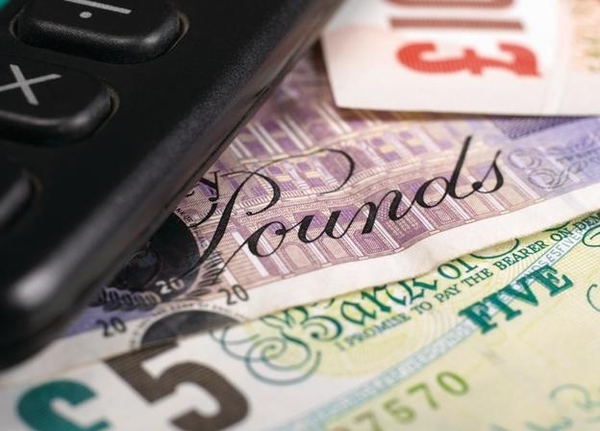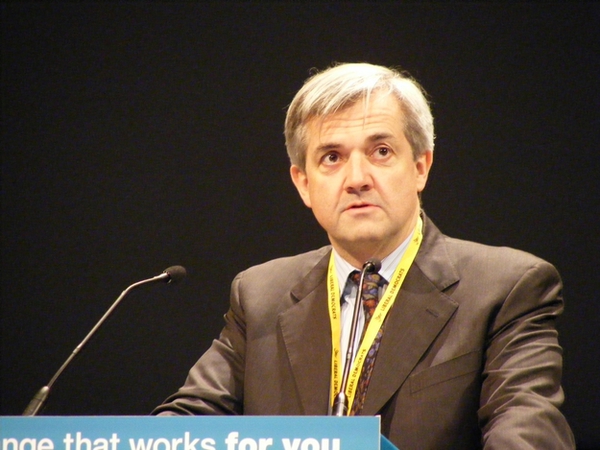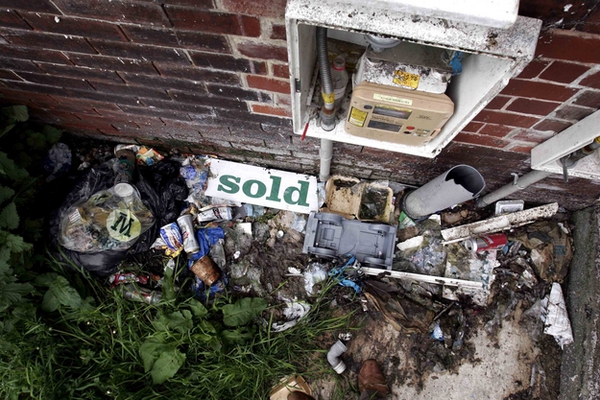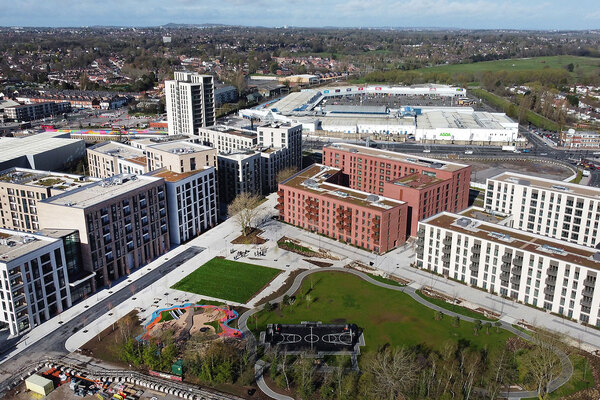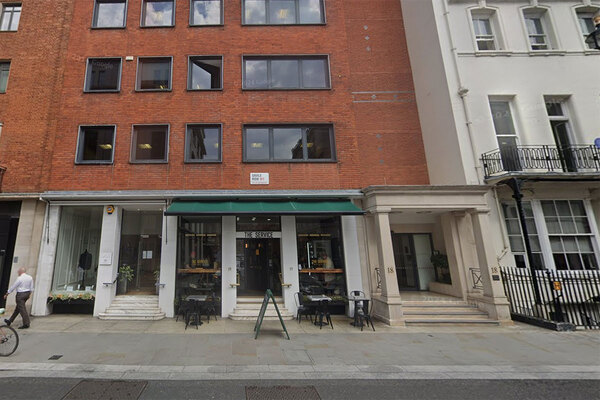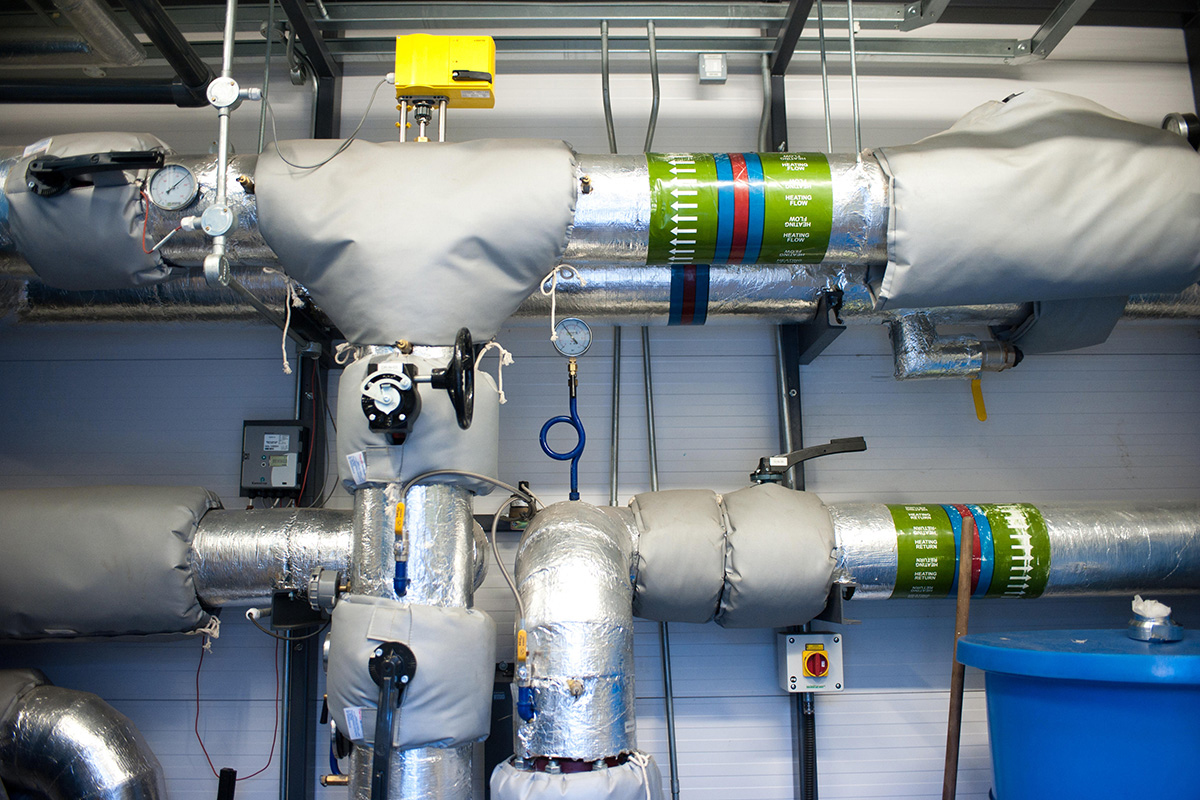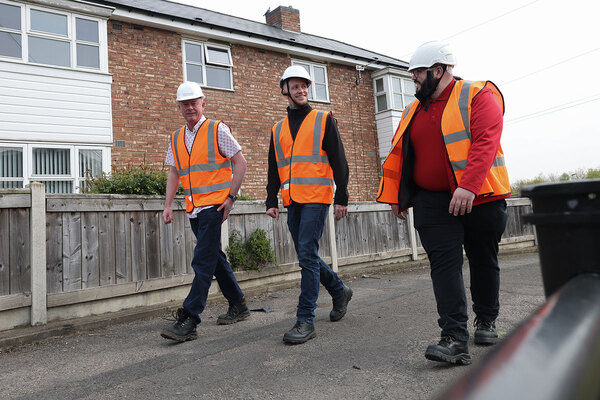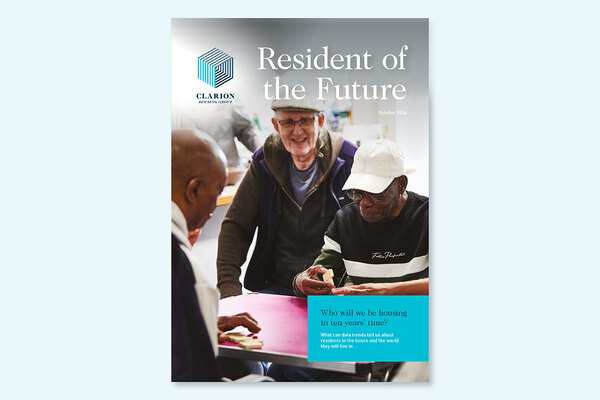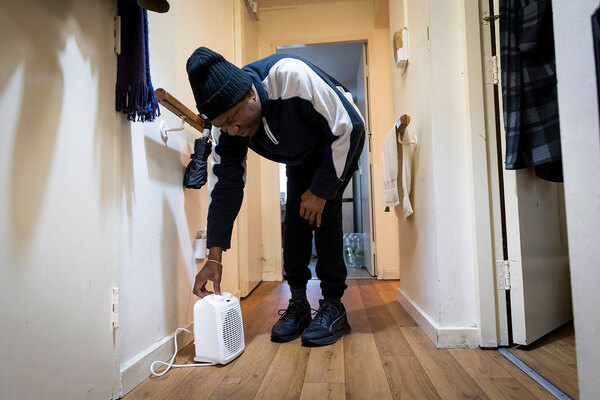Fed demands changes to green deal design
The government needs to do more to make its flagship green deal energy efficiency scheme work for social tenants, the National Housing Federation has said.
Responding to a consultation on the green deal and energy company obligation, which was published earlier this week, the NHF said it will put pressure on ministers to ensure the final design of the scheme makes it accessible to the sector.
Under the green deal households will be able to get work done to improve the energy efficiency of their home at no up front cost. The money will be paid back over 25 years through savings on fuel bills.
Subsidy will be available through the £1.3 billion a year energy company obligation to allow more expensive measures to be fitted that would not otherwise meet the green deal ‘golden rule’. This states that repayments must not exceed fuel bill savings.
Some of the details revealed in the consultation are concerning for social landlords. It states the government is considering excluding social landlords from one element of ECO – affordable warmth funding to tackle fuel poverty – which is expected to make up 25 per cent of the total pot.
The remaining 75 per cent will be for hard-to-treat properties, and the proposal is to restrict this subsidy to installations including solid wall insulation. The age of most social housing stock means this will be of limited value to the sector.
David Orr, chief executive of the NHF, said: ‘We will be arguing strongly both that social landlords should have access to the fuel poverty element of subsidy, since fuel poverty has a higher prevalence in social housing than any other tenure.
‘We will also be stressing that the carbon reduction element of subsidy should not be limited to a narrow definition of solid wall stock, but should be open to any build type which is expensive to make energy efficient.’
Questions have also been raised about how attractive the green deal will be to consumers. The impact assessment on the scheme states interest rates on loans are likely to be between six and eight per cent. Research carried out by the Great British Refurb campaign in 2010 found just 7 per cent of the public would take up the green deal if rates were set at 6 per cent or higher.
Yesterday chief secretary to the Treasury Danny Alexander announced the government is setting aside £200 million to pay for an ‘introductory offer’ on the green deal. Decisions on how to use the funding will made in the new year, although energy secretary Chris Huhne has already said cash back payments of up to £150 will be available.
Inside Housing is calling for social landlords to be given fair access to ECO funding through our Green Light campaign
